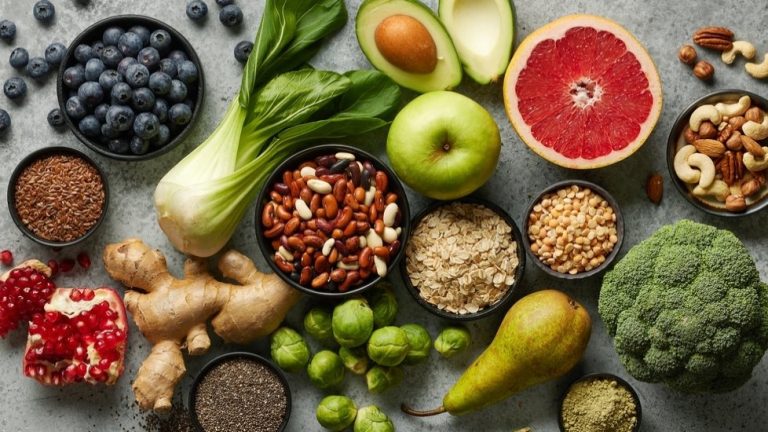Cancer is one of the main causes of death in the world, but what happens if simple lifestyle changes could considerably reduce the risk? Diedictian çisem Gündüz offers valuable information on how nutrition and lifestyle can play an important role in cancer prevention. According to Gündüz, people who adopt a Mediterranean diet can reduce their risk of developing cancer up to 20%. It also highlights specific foods, such as yogurt, pickles, garlic and onions, known for their immune strengthening properties and their overall health benefits.
Food diet
Gündüz highlights the importance of nutrition and lifestyle to reduce the risk of cancer. Studies by the World Cancer Research Fund (WCRF) and the American Institute for Cancer Research (AICR) show that 30 to 50% of cancers can be avoided. Nutrition is one of the most important modifiable risk factors in this regard.
According to the Harvard Medical School, daily consumption of 400 grams of fruits and vegetables helps protect itself from certain types of cancer, including stomach and colon cancer. Gündüz also refers to studies showing that individuals who closely follow a Mediterranean diet can reduce their risk of overall cancer from 10 to 20%. This diet is rich in antioxidants, anti -inflammatory and fiber compounds – which all play a positive role in the prevention and treatment of cancer. Foods such as whole grains, legumes and fiber -rich vegetables provide particularly strong protection against colon cancer.
Importance of exercise
Regular physical activity is another key factor to reduce the risk of cancer. Gündüz highlights clinical research suggesting that engaging in 150 minutes of moderate exercise per week can reduce the risk of several types of cancer, in particular breast and colon cancer. In addition, smoking is responsible for 85% of cases of lung cancer, while alcohol consumption has been linked to an increased risk of breast, liver and esophagus cancer.
Role of melatonin, stress
Gündüz mentions melatonin, a hormone that supports cell renewal and plays a key role in regulating the circadian rhythm of the body. Chronic stress, which removes the immune system, can accelerate the development of certain types of cancer. It also highlights the importance of antioxidants in the prevention of DNA damage, which is crucial for cancer prevention. Vitamin C, vitamin E, selenium, polyphenols and flavonoids can all help reduce the risk of cancer. More specifically, lycopene and carotenoids – found in tomatoes, carrots, sweet potatoes and red peppers – protect themselves against DNA damage and reduce inflammation. Clinical studies have shown that high lycopene contribution can reduce the risk of prostate cancer by 30%.
Intestinal health
Strengthening intestinal health is essential to support the immune system. Gündüz recommends foods such as yogurt, pickles, garlic and onions, which improve the intestinal flora and improve immune function, helping to reduce the risk of cancer.
Broccoli, cauliflower, cabbage and turnips contain enzymes that neutralize carcinogens. Omega-3 fatty acids, found in salmon, flax seeds and nuts, can also slow the proliferation of cancer cells by stabilizing cell membranes. In addition, prebiotics and probiotics, which strengthen intestinal flora, support immunity and lower risk of cancer. Foods rich in flavonoids and polyphenols – such as green tea, grenade and red grapes – helps cell renewal and protect healthy cellular functions.
Avoid transformed meats
Gündüz also warns against the consumption of transformed meats, such as salami, sausage and pepperoni, which the World Health Organization (WHO) classifies as a carcinogen (group 1). High glycemic index foods, which increase insulin resistance, have been linked to various cancers, in particular those of the pancreas, breast and colon.



